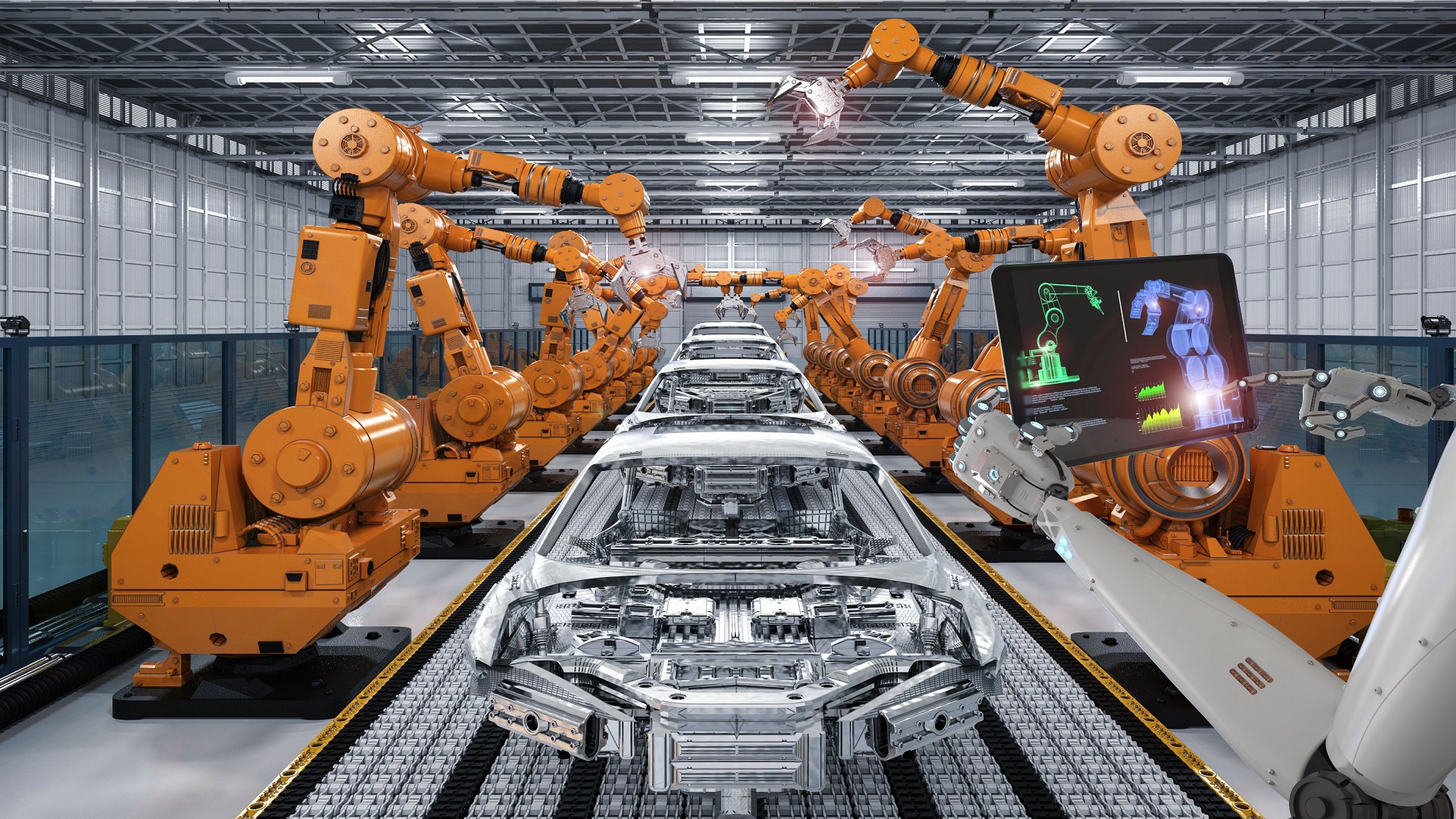Industry 4.0 has been brought about over the past few years by smart manufacturing initiatives like digital twins and the internet of things. In the manufacturing and industrial sectors, there is an explosive trend toward digital transformation. On the other hand, industrial robots and drones that are used to look at machinery haven’t grown as much.
According to Bill Ray, vice president and analyst for emerging technologies and trends at Gartner, this is about to change drastically. Now, autonomous robots, drones, and cameras can inspect equipment, carry out preventive maintenance, and transmit analog data to the operations staff. Even better, they get better at their jobs the longer they stay at them.
“Moving inspection systems,” or robots and drones, can now read the analog output from industrial machines that haven’t been digitized thanks to AI and machine learning tools. So, they connect Industry 4.0 to the analog age, which it will eventually replace.
Ray stated that “robots and drones can make proactive decisions with cognitive intelligence.” It’s still early, he added, adding that “we expect it to be standard for Industry 4.0 in the next five years.”
In fact, Gartner predicts that the use of robotics for asset inspection and human augmentation—helping out human inspectors—will grow at the fastest rate. According to a report from Allied Market Research, the market for inspection robots will be worth $940 million by 2020. The industry is expected to grow by 31% to reach $1.4 billion by 2030, according to the report.
Cognitive intelligence for industrial robots and drone inspectors

Ray’s remarks support Levatas’s announcement that it has raised $5.5 million in a seed round led by Castellan Group, which was made today and is based in Florida. The company offers cognitive intelligence for the automation of industrial inspection equipment. It does not produce vision systems, drones, or robots. Instead, Chris Neilsen, the CEO of Levatas, says that the company works with equipment makers to give their products “cognitive intelligence.”
The Levatas software guides these autonomous systems in learning how to carry out daily tasks. These routine administrative tasks are what keep manufacturers running.For instance, they pick up how to read gauges and inspect and report temperature changes that are abnormal. Cognitive machines improve at their jobs over time with the aid of machine learning.
For a piece of the expanding market, the company competes with other producers of cognitive intelligence systems for industrial robots. Levatas boasts $21 million or so in yearly revenue. Manufacturers of robotic inspection systems for small businesses like Visenze, ReadSense, MotionCloud, and Stradigi AI are competitors.
Additionally, Levatas faces competition from businesses that dominate the smart robotics inspection market. Ray cited industry titans Profero and Karsh Hagan, which have annual revenues of approximately $132 million and $19 million, respectively.
Proactive decisions change how inspections are done
The business intends to introduce change detection as a new feature this summer. The plant environment will start to change negatively, which inspection systems will be able to detect. Neilsen cited an example of a missing fire extinguisher.
Higher efficiencies, greater uptime, safer workplaces, and quantifiable ROI are all benefits of the Levatas system. “We sit at the center of Industry 4.0, at the intersection of cutting-edge robotics and inspection systems,” Nielsen continued.
Robots, drones, and vision systems that Levatas has trained are already in use at automakers, oil refineries, energy producers, and a large American brewery.
That kind of development in cognitive intelligence is what Ray anticipates in the future. It might raise the bar for inspection as well as other plant operations.
He said, “Imagine an industrial robot inspecting a building’s exterior and spotting a wet patch. The drone knows it needs to fly in closer and possibly change its angle in order to see the patch, though perhaps AI will highlight it. He claimed that these proactive choices “totally change the inspection mission.”
Analog-reading robots help improve efficiency
The entire factory floor will be digitalized by Industry 4.0, which can incorporate this kind of feedback. maximizing plant performance by utilizing data returned by everything from sensors to conveyor belts. But not all of the machines in many factories have been digitalized. Such upgrades would be way too expensive and inconvenient, especially considering how well analog machines still work.
That was the case for GlobalFoundries, one of the top producers of semiconductors worldwide, which works with Levatas to increase manufacturing productivity using Boston Dynamics‘ “Spot” robots.
Around 2000 filter pumps owned by GlobalFoundries could be upgraded to digital sensors for millions of dollars. In order to detect pump malfunctions, the company dispatched a mobile sensor-equipped roving robot. If left alone, it could cost tens of thousands of dollars in repairs and lost time.
These analog-reading robots, like Spot, won’t be forced out of their jobs as Industry 4.0 develops, though. Organizations will merely find alternative ways to use cognitive intelligence, according to Ray.


